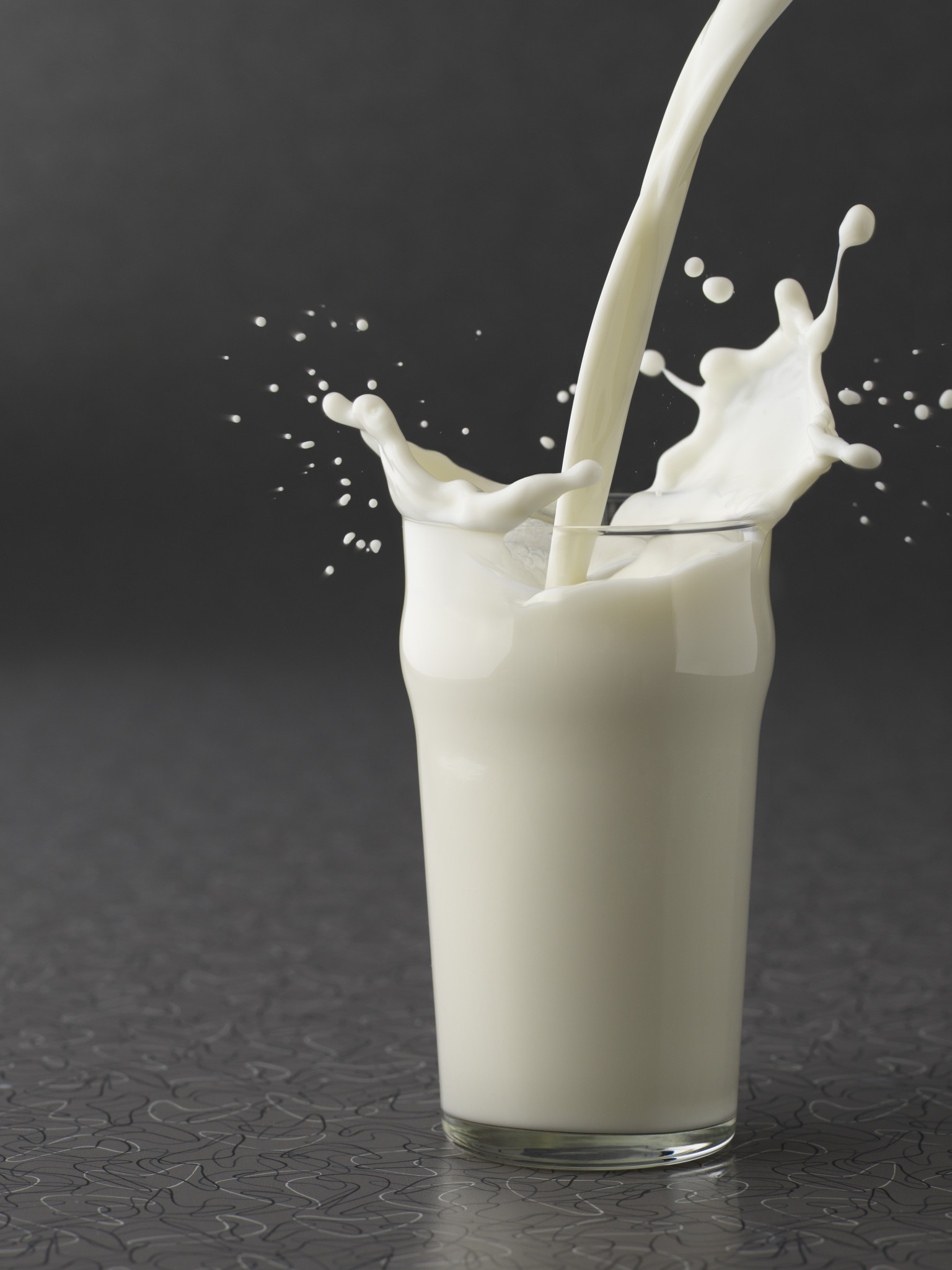A Daily Dose of Sunshine Could Keep Your Brain Healthy
Could laying by the pool help prevent Parkinson’s disease (PD)? It may sound too good to be true, but a study has found a link between regular exposure to sunshine to having a lower risk of developing PD as an older adult.
This study was conducted in France in order to examine the association of sun exposure, which offers ultraviolet B (UV-B) light, to the risk of developing PD. They found that in adults under 70 years old, higher exposure to UV-B light is associated with a lower risk of developing PD. People under 50 years old with consistently










